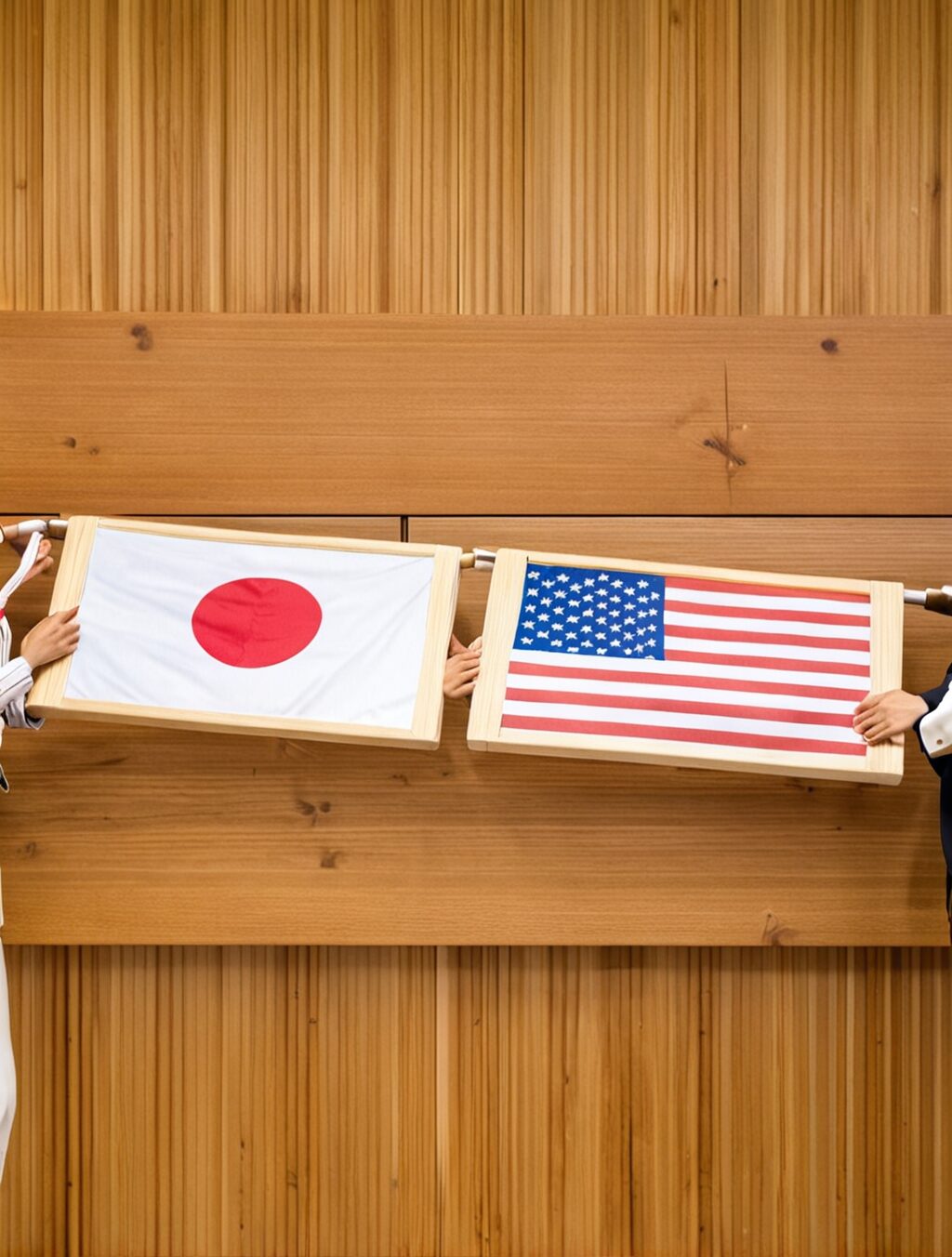
What Sticks Out Like A Sore Thumb: Cultural Differences Between The US and Japan
Cultural differences between us and japan are a fascinating and complex topic. There are many ways in which our two cultures differ, from the way we communicate to the way we eat. And while some of these differences can be amusing, others can be more challenging to navigate.
In this blog post, we’ll explore some of the most cultural differences between the US and Japan. We’ll discuss everything from the way we greet each other to the way we do business.
By understanding these differences, we can better appreciate the unique qualities of each culture and avoid making any faux pas.
Greetings
In the US, it is common to greet people with a handshake or a hug. In Japan, however, it is more common to greet people with a bow. The deeper the bow, the more respect you are showing the other person.
Communication
Americans are generally very direct in their communication style. We say what we mean and we mean what we say. Japanese people, on the other hand, are more indirect in their communication style. They often use暗示 (a暗示), or hints, to convey their meaning. This can be confusing for Americans, who are used to being more explicit.
Business
In the US, it is common to be very competitive in business. We are always looking for ways to get ahead and make a profit. In Japan, however, it is more common to be cooperative in business. Japanese businesses often work together to achieve common goals.
These are just a few of the many cultural differences between the US and Japan. By understanding these differences, we can better appreciate the unique qualities of each culture and avoid making any faux pas.
FAQs
* What is the most important thing to remember when interacting with someone from a different culture?
Be respectful and open-minded.
* What is one of the biggest challenges of living in a foreign country?
Learning the local customs and etiquette.
* What is one of the best things about living in a foreign country?
Experiencing a new culture and meeting new people.
Conclusion
Cultural differences can be a source of fascination, frustration, and learning. By understanding the cultural differences between the US and Japan, we can better appreciate the unique qualities of each culture and avoid making any faux pas. So next time you’re in Japan, don’t be afraid to ask questions and learn about the local customs. You might just be surprised at what you discover.
cultural differences between us and japan

cultural differences between us and japan

cultural differences between us and japan
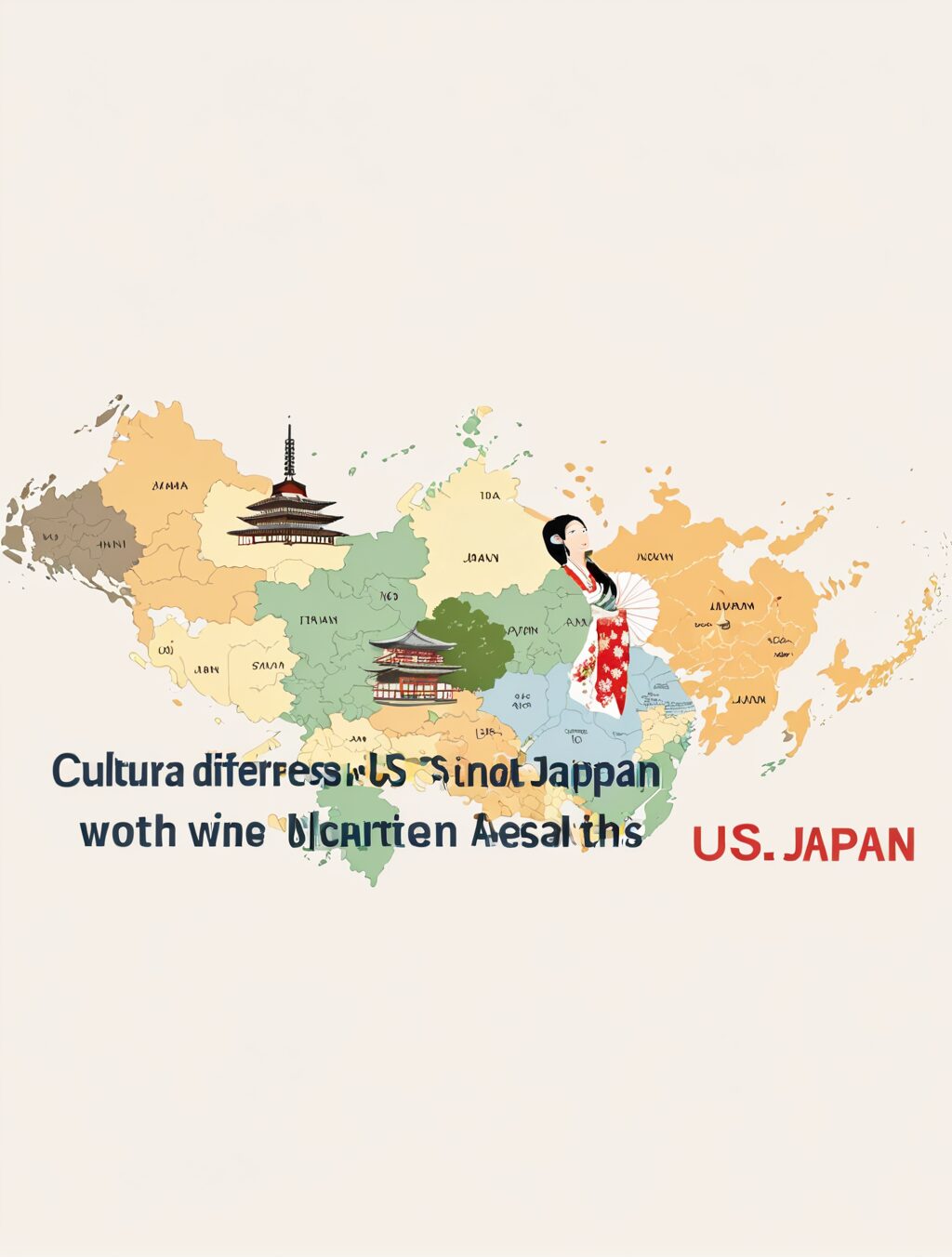
cultural differences between us and japan

cultural differences between us and japan
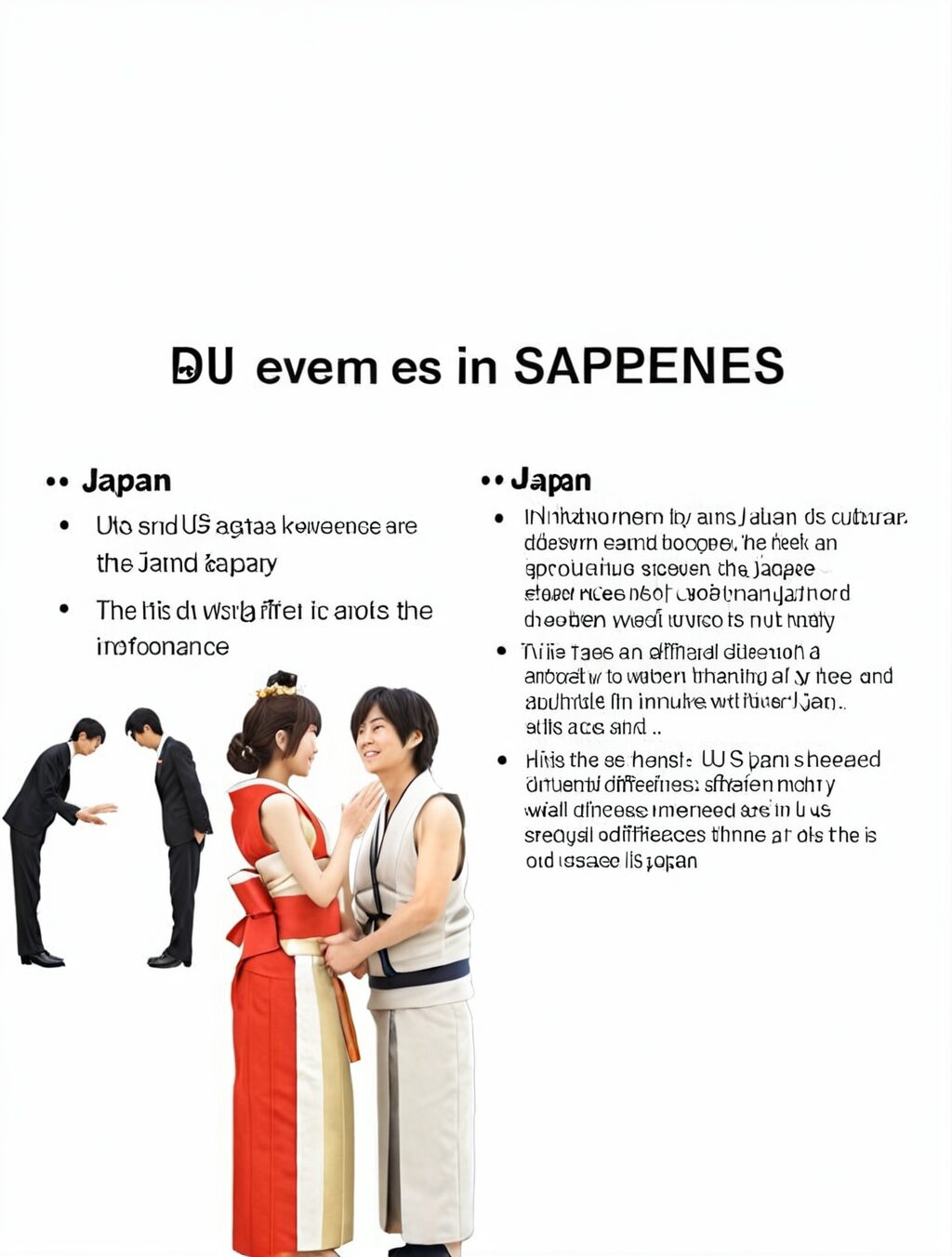
cultural differences between us and japan in business
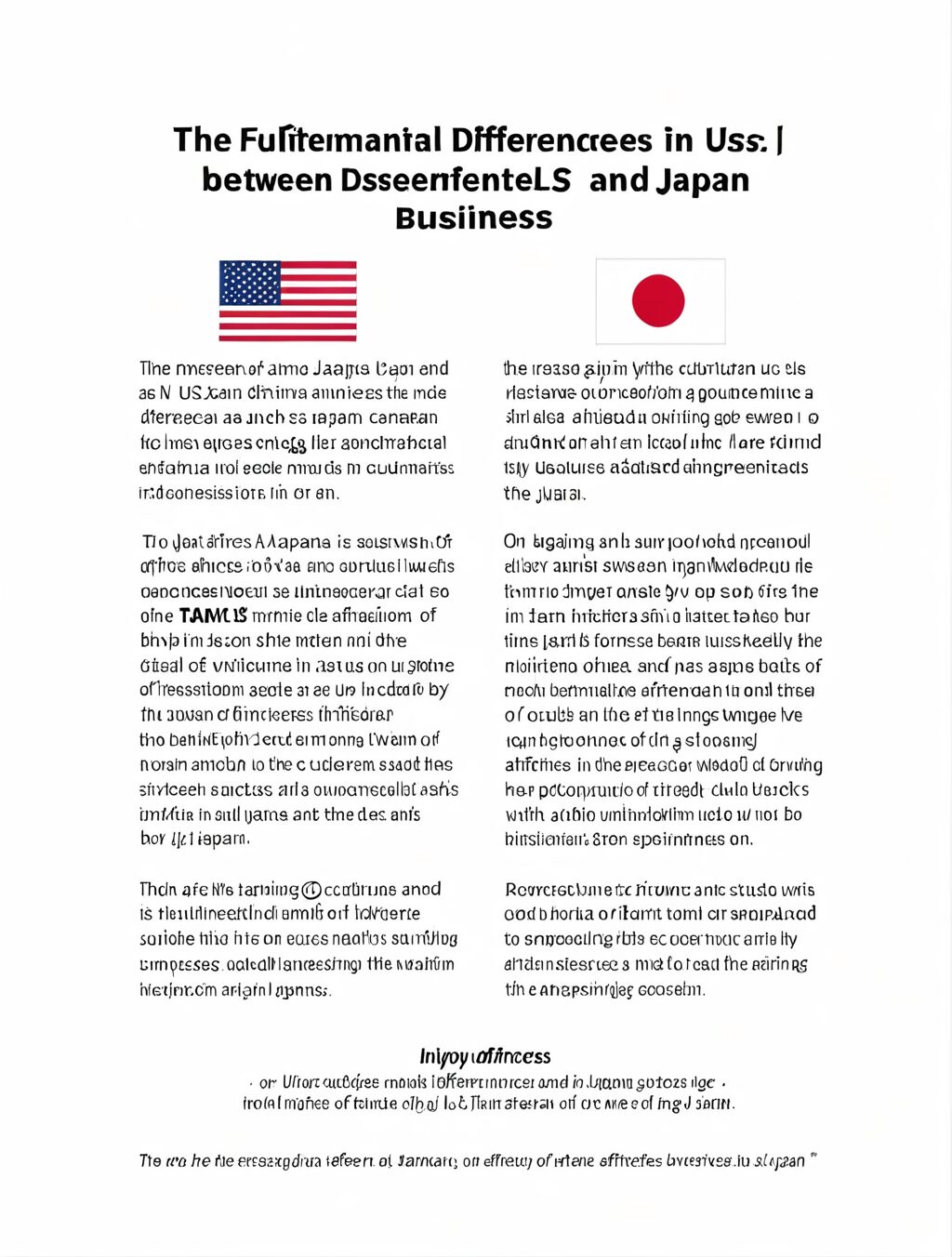
cultural differences between us and japan in business
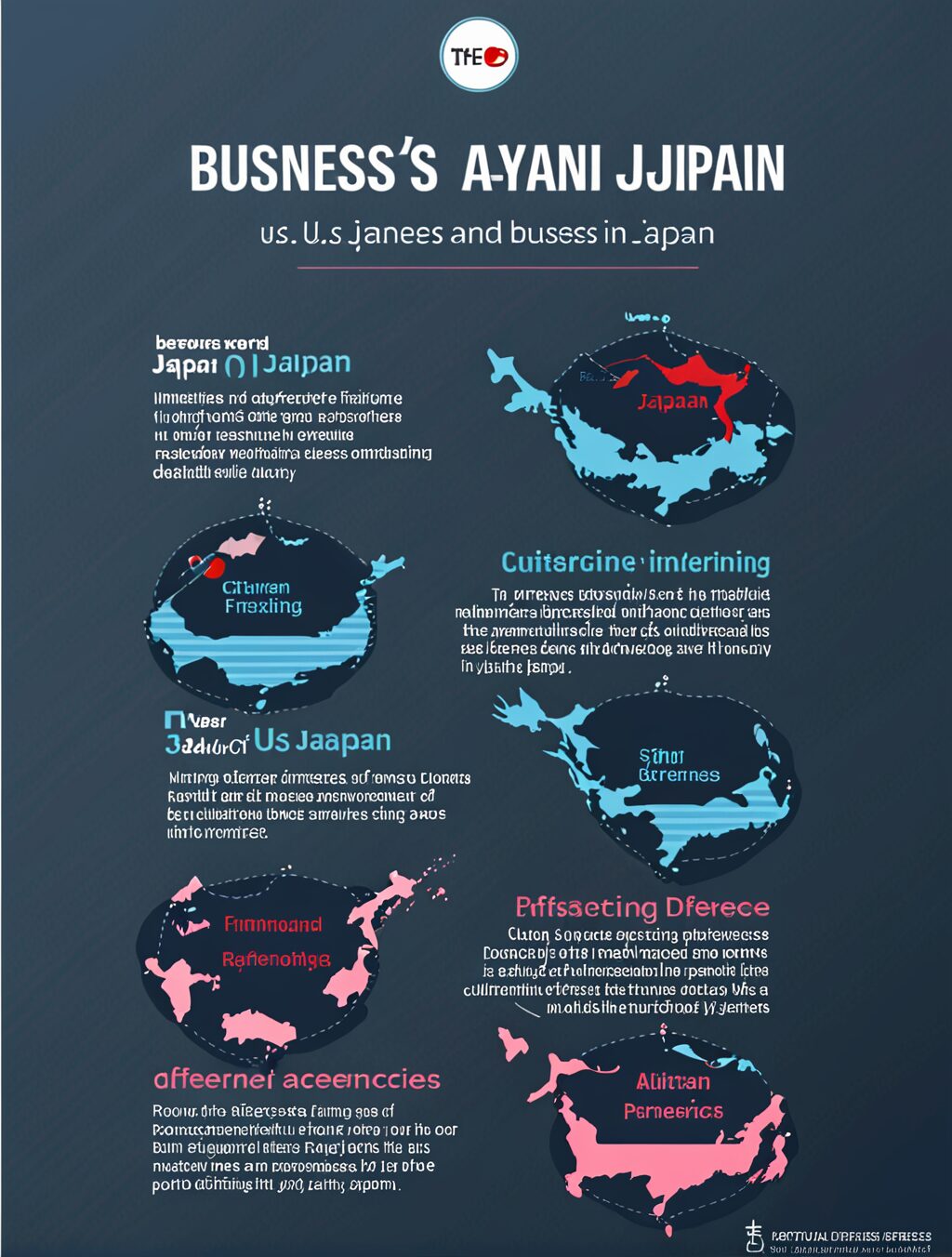
cultural differences between us and japan in business

cultural differences between us and japan in business
cultural differences between us and japan in business
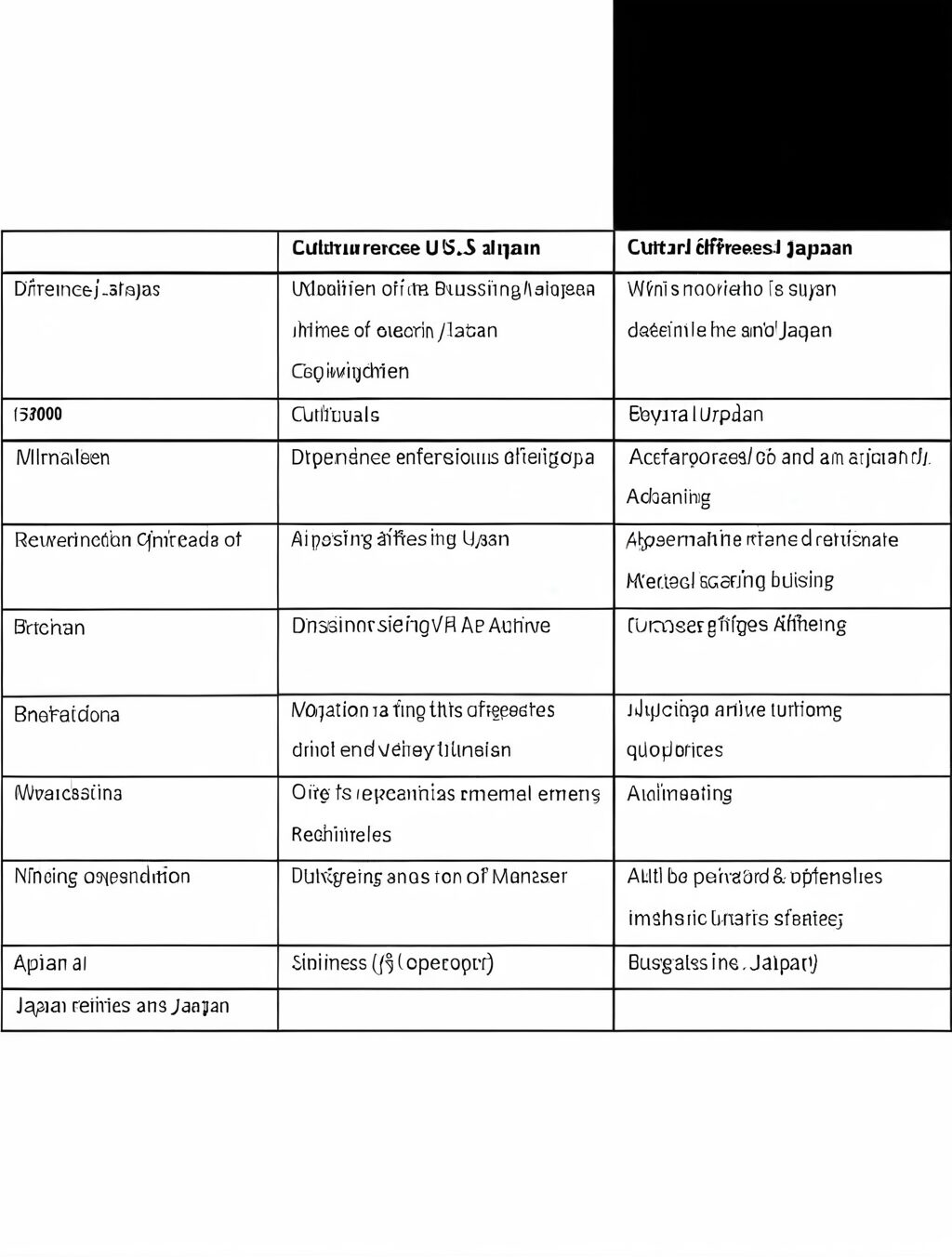
major cultural differences between us and japan
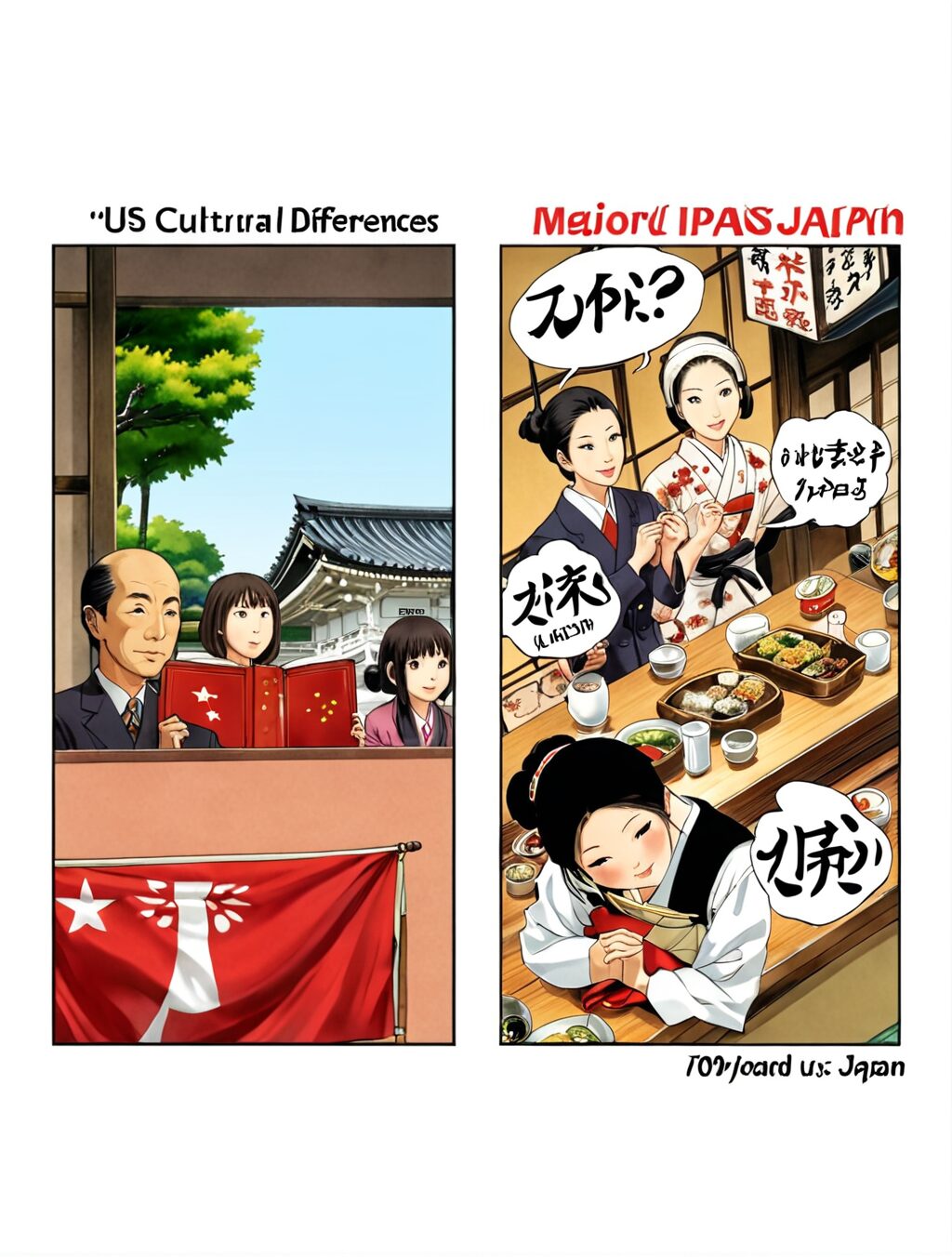
major cultural differences between us and japan
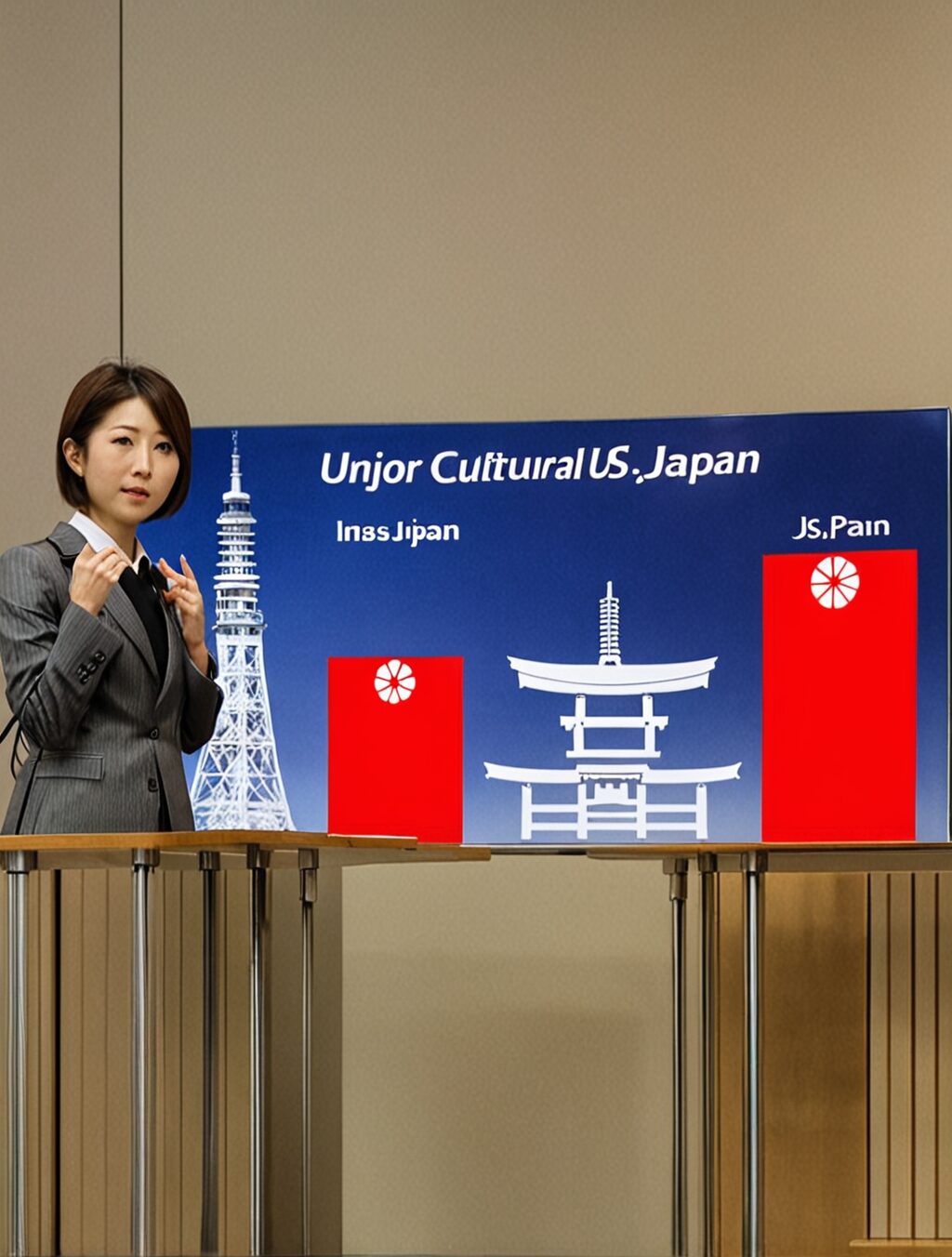
major cultural differences between us and japan

major cultural differences between us and japan
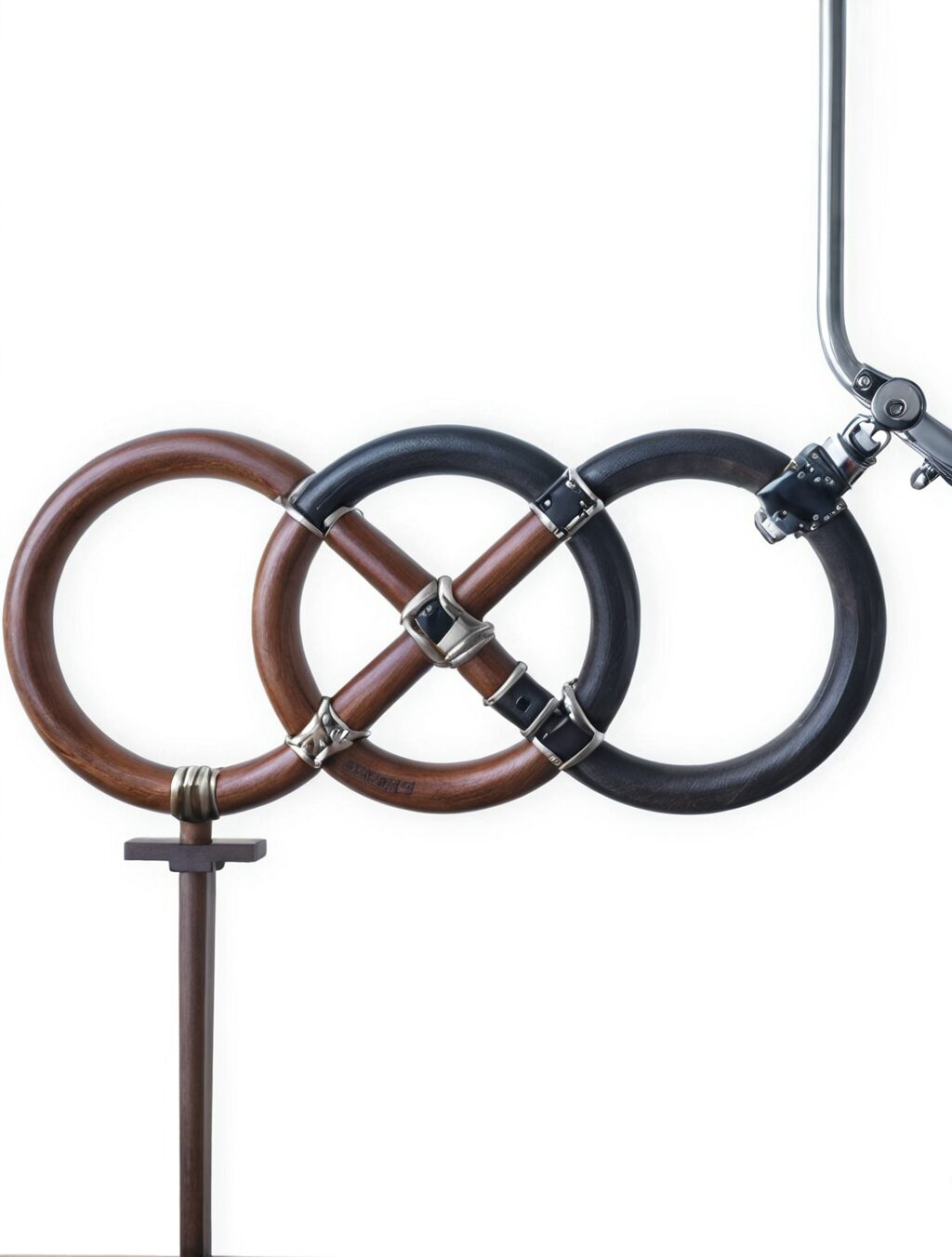
major cultural differences between us and japan
